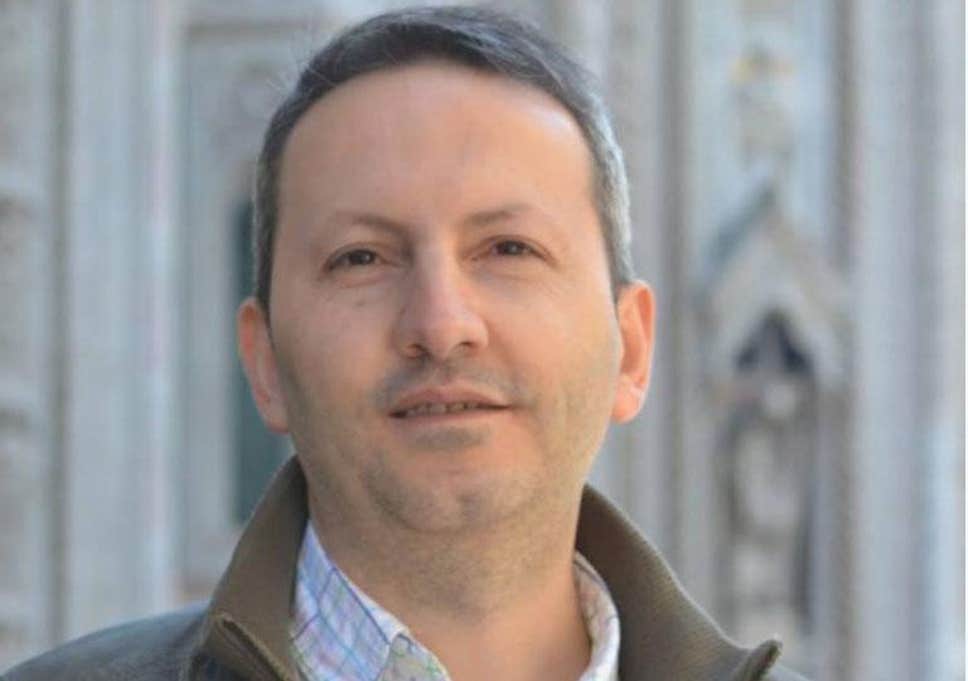Four years have passed since Ahmadreza Djalali, a Swedish – Iranian guest lecturer at VUB in Brussels, was arrested on 26 April 2016 by the Iranian security police when visiting Teheran to participate in a workshop in disaster medicine.
Djalali, today 48, and married with two children, was accused of cooperation with hostile states and espionage for Israel but no evidence was ever presented to support the allegations. He was sentenced to death on 21 October 2017. UN observers stated that the trial was unfair and called on Iran to cancel the death sentence and release Djalali.
Despite protests by the EU, Belgium and Sweden, the sentence was confirmed by the Iranian Supreme Court and has not been revoked since then and Djalali is still lingering in an Iranian prison. When the Iranian regime earlier this week released around 1,000 prisoners, in light of the health situation in the country, he was not among them because of his double citizenship.
In the current coronavirus crisis, his expertise in disaster medicine and hospital emergencies would have been needed more than ever. Djalali is a physician and had already worked in disaster medicine in Iran when he arrived in 2008 at the Karolinska Institute, Sweden, to pursue doctorate studies. In 2012 he published a dissertation on “Preparedness and Safe Hospital: Medical Response to Disasters”.
In his dissertation he studied the impacts of a training program he had designed to increase knowledge about disaster preparedness at Iranian hospitals. He dedicated the thesis to ”The people killed or affected by disasters around the world” and particularly to the inhabitants in the Iranian town Bam, where an earthquake in 2003 took the lives of 30,000 people.
The former Swedish minister of foreign affairs, Margot Wallström, said in 2018 that Sweden like the rest of EU condemns death penalty in all its forms. “Death penalty is an unhuman, cruel and irreversible punishment which has no place in modern law.”
The press service of the Swedish Ministry of Foreign Affairs told The Brussels Times that the situation for Djalali continues to raise serious concerns. The ministry is continuously raising his case with high-level representatives of Iran and is worried about his state of health in prison.
The new Swedish foreign minister Ann Linde has spoken to her Iranian counterpart, foreign minister Zarif, and demanded that the death sentence is not executed. The Swedish embassy in Teheran requests regularly consular permission to visit Djalali but the requests are rejected because Iran does not recognize his Swedish citizenship.
Sweden tried also in vain to achieve his release in connection with the mass release of prisoners in Iran. Its efforts for Djalali to achieve his release continue, assures the Swedish ministry.
M. Apelblat
The Brussels Times

